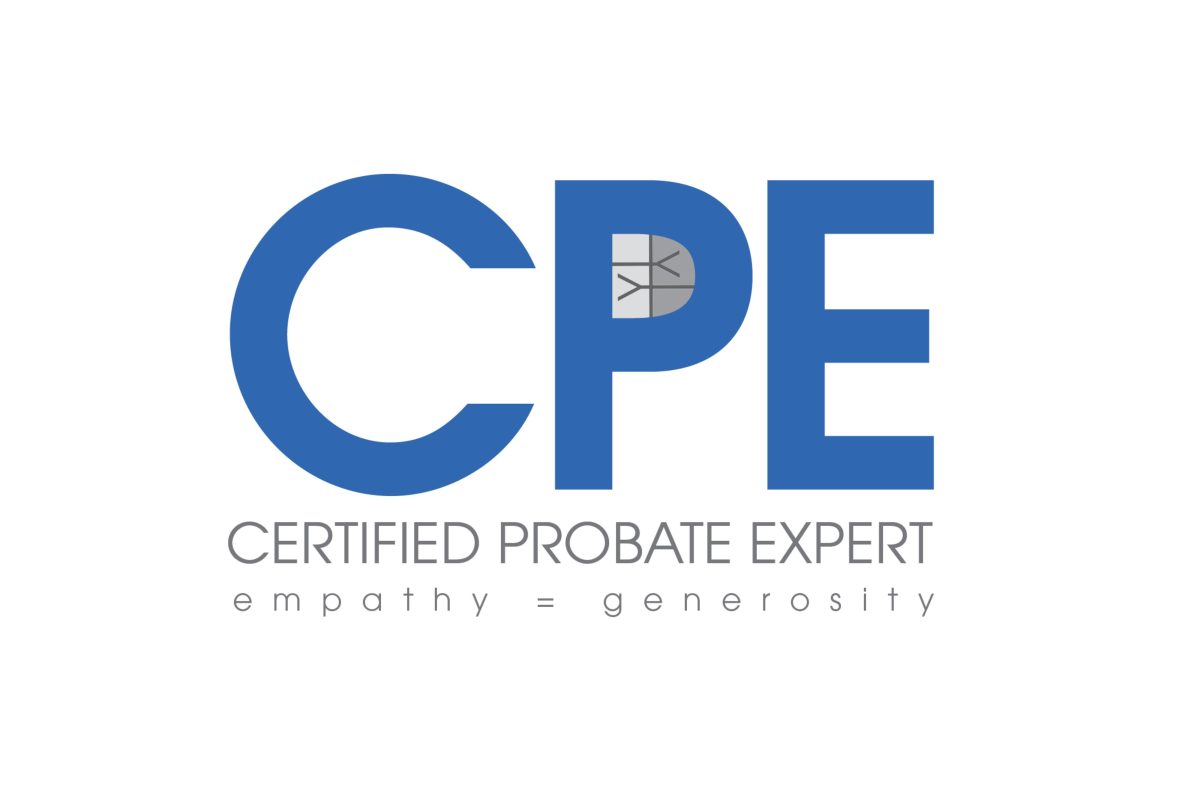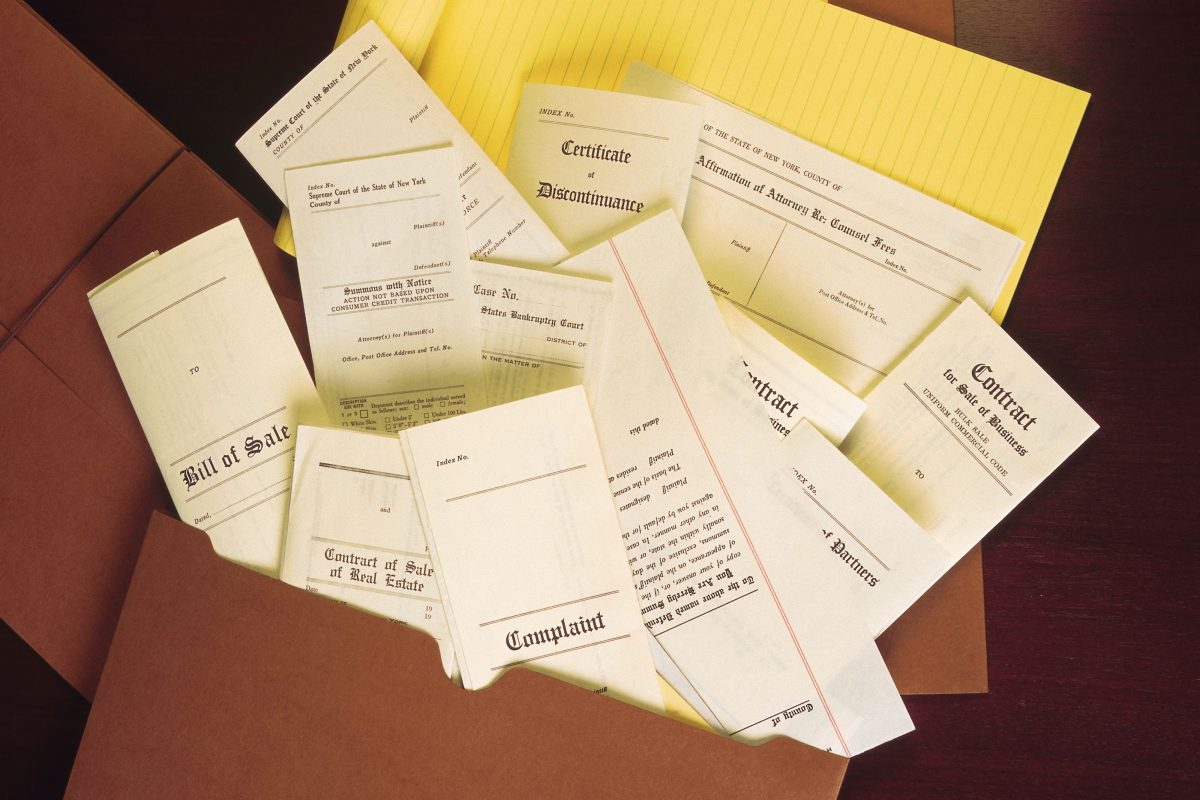Estate Management Made Easy: Legacy & After Loss Consulting
Whether you’ve personally been through it or know someone who has, you understand how overwhelming it can be to not be prepared for life’s most difficult moments. We’re talking about the unavoidable “D” — Death. When the time comes, the emotional toll can be compounded by the stress of managing legal documents, financial accounts, and personal affairs.










